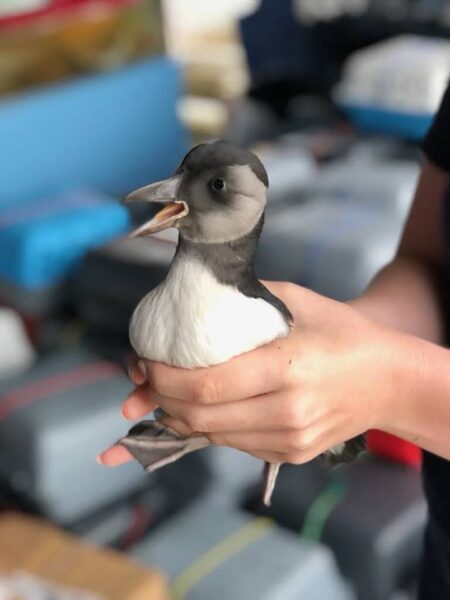New Poll Shows Strong Public Backing for Marine Conservation in Newfoundland & Labrador
New Poll Shows Strong Public Backing for Marine Conservation in Newfoundland & Labrador Local Residents Rally Behind South Coast Fjords National Marine Conservation Area (NMCA) to Boost Economy and Protect Fisheries.
St. John’s, NL – 24th March, 2025 – A province-wide survey completed earlier this month shows strong support across the South Coast and the rest of Newfoundland for the proposed South Coast Fjords National Marine Conservation Area NMCA), as well as ocean conservation more broadly.
- Over eight in ten (86%) Newfoundlanders say “protecting marine habitats is essential for healthy fisheries”.
- Almost two thirds of people surveyed (59%) province-wide say the proposed South Coast Fjords National Marine Conservation Area (NMCA) is a good idea and just 6% say it is a bad idea after being presented with balanced information. Another 35% are neutral or looking to learn more.
- Support for the NMCA is highest in the South Coast and Burin Peninsula with 90% and 72% respectively saying the National Marine Conservation Area is a good idea and just 4% and 3% saying it is a “bad idea”.
“The overwhelming majority of people we interviewed across all regions say that the National Marine Conservation Area is a good idea, and express strong support for increased protection of marine habitat to support fisheries,” said Angus McAllister, President of McAllister Opinion Research who led the study.
The Town of Burgeo first called for the establishment of a National Marine Conservation Area almost 30 years ago. “The habitats of the south coast fjords have supported our local fisheries and communities for generations, “ said Barbara Barter, former mayor of Burgeo. “We need jobs, we also need to diversify our economy, and we need to protect fish habitat and our coastal waters from pollution and damage.” adds Barter.
“If we do the South Coast Fjords National Marine Conservation Area right, by listening to the people who live here and looking at science, this proposal will be a big win for our communities and our way of life,” said Ian Stewart, Mayor of Ramea.
The study was commissioned by the Newfoundland and Labrador Chapter of the Canadian Parks and Wilderness Society (CPAWS). “There has been a lot of talk in the media and from big industry about opposition to the proposed National Marine Conservation Area but that doesn’t match what we’ve heard from local voices, so we wanted to know what locals and Newfoundlanders really want for the future of our coast,” said Tanya Edwards, Executive Director of CPAWS.
In June last year the Town of Burgeo began working with Miawpukek First Nation, Qalipu First Nation, the Province of NL and Parks Canada on the feasibility study for the National Marine Conservation Area. “We’ve got industrial fishing boats and different industries from outside Newfoundland coming in and using these waters without any consultation with local communities, so the National Marine Conservation Area is an important opportunity for local people to have more of a say in how our coastline is managed,” said Barter.
Verbatim Quotes from Interviews
“Protecting our marine ecosystem while allowing us to live off the water like we have always done. It’s our culture and heritage, we need to protect it. The creation of jobs is another great reason.” — Torbay resident
“Creating an NMCA in the South Coast Fjords is a good idea because it protects wildlife from pollution and overfishing, helps scientists study the ocean, fights climate change by storing carbon, brings tourists and creates jobs, involves local people in protecting nature, supports fishing by helping fish populations grow, and helps the planet by protecting the ocean. In short, it benefits nature, jobs, and the environment.” — Town of Paradise resident
“I don’t fully understand the science involved, but the reasons to support the project seem good and the reasons against it seem mainly financial/economical which I don’t agree with. Even if it harms the fishing industry in the short term (which I’m not sure it does), if we don’t protect our ocean life, there may be irreversible damage to the fishing industry in the long term. Plus, I want to protect the fishies and the whales :)” — St. John’s resident
“I think that we need to protect what we have here in this area in terms of our resources and I think that they need to contact local people and get their opinion. If it means more local jobs in this area that would be beneficial.” — Mary’s Harbour resident.
“Know the area well, it needs to be protected.” — Burgeo resident.
“My idea is based on the fact that the number, or population of the south coast has gotten smaller and smaller over the years because the regular fishery is destroyed and there is nothing left. This may be good for the area and give the people living there something to do for a living.” – Grand Bank resident.
“I like sport fishing and it seems like it’s getting worse every year and there is nobody doing anything about it.” – Burnt Islands resident.
“[T]he government and foreigners ruined our environment with their bottom trawlers, and they don’t know their head from their ass.” – Burin Peninsula resident.
Research Methodology
- This survey was fielded using both random digit dial mobile phone and landline interviews, as well as professional online panel recruitment across Newfoundland and Labrador between February 21-March 5, 2025 inclusive.
- A total of 874 interviews were completed, yielding a Bayesian credibility interval for the province of approximately ±3.3 at a 95% confidence level. Additional interviews were conducted outside the Avalon Peninsula to enhance reliability in rural areas.
- On balance, most of the rural interviews were conducted by mobile phone and landline using human interviewers, while most urban interviews were completed online using professionally recruited research panels.
- To ensure accurate regional and demographic representation, weighting models were applied using the latest census estimates for economic region, gender, age, and educational attainment.
For More Information Contact:
Tanya Edwards, Executve Director, CPAWS Newfoundland and Labrador Chapter
tedwards@cpaws.org
Phone: 709-727-7789
Angus McAllister, McAllister Opinion Research
Angus@mcallister-research.com
Phone: (778) 999-7506
About McAllister Opinion Research
Angus McAllister and his team at McAllister Opinion Research use an array of research methodologies and analytical techniques to help companies, governments and non-profits gain in-depth understanding of customers, stakeholders and citizens. Specializing in the areas of market intelligence, public policy and communications, they have conducted public opinion research in Canada, United States, Europe, Asia and Latin America. Past clients include the World Bank, University of British Columbia, York University, the Indigenous Leadership Initiative, and companies like Shell Oil, Suncor Energy, Teck Resources, Sara Lee Bakery Group, and Schwarzkopf-Dep. Government clients have included federal agencies like Environment Canada, Health Canada, DFO, NRCan, and Parks Canada, and provincial government agencies like the BC Securities Commission, Alberta Agriculture, and Ontario Ministry of Natural Resources. Prior to founding McAllister Opinion Research in 2001, Angus served as Vice President, Global Research with Ipsos-Reid and Vice President with Environics International/ Globescan. He has also worked as a commercial fisherman in BC.

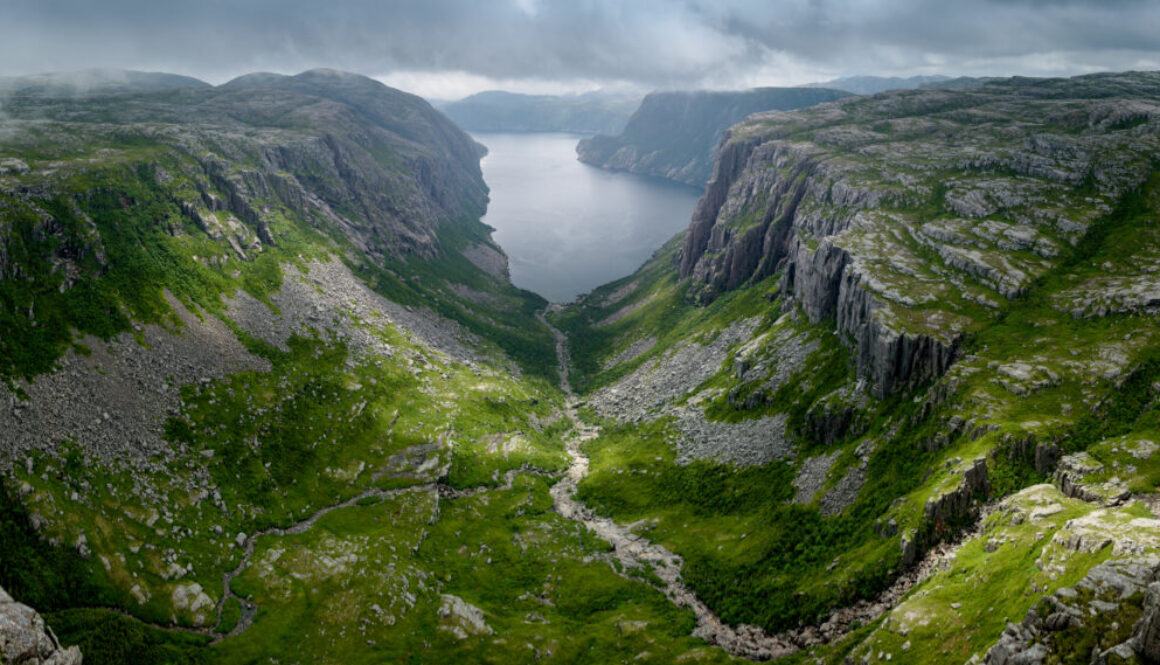
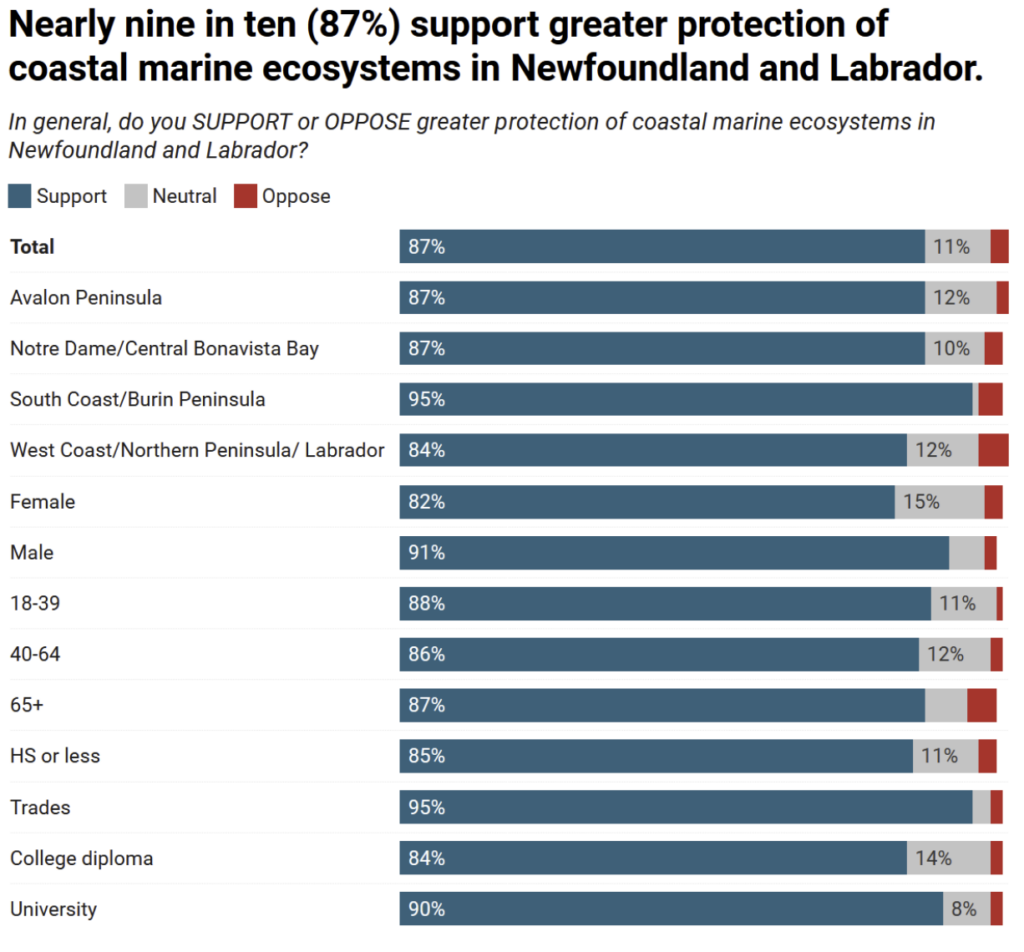
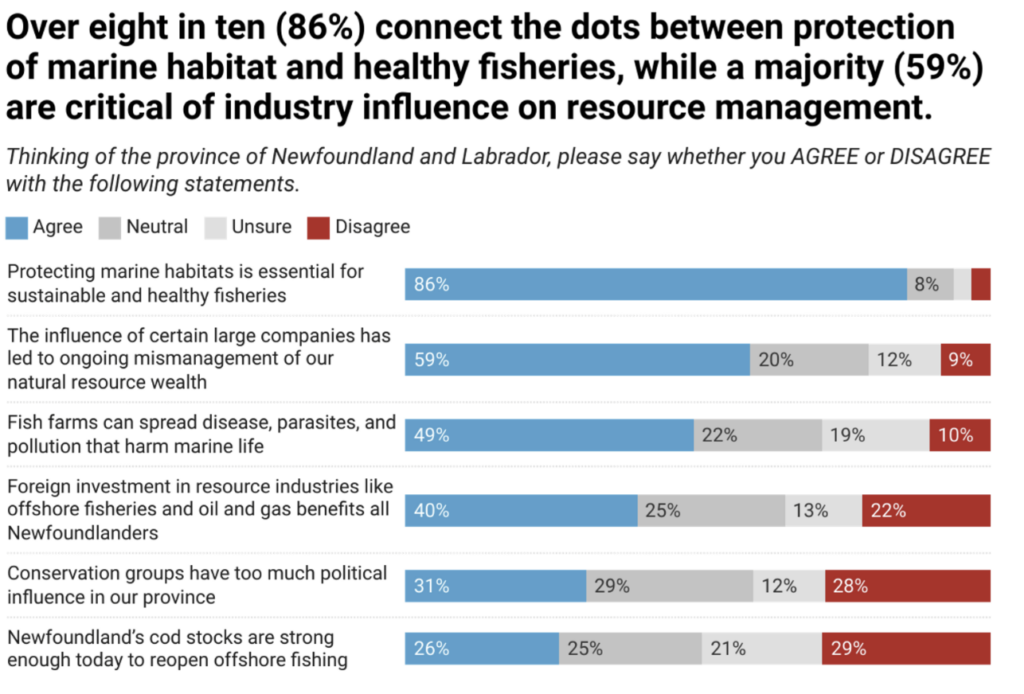
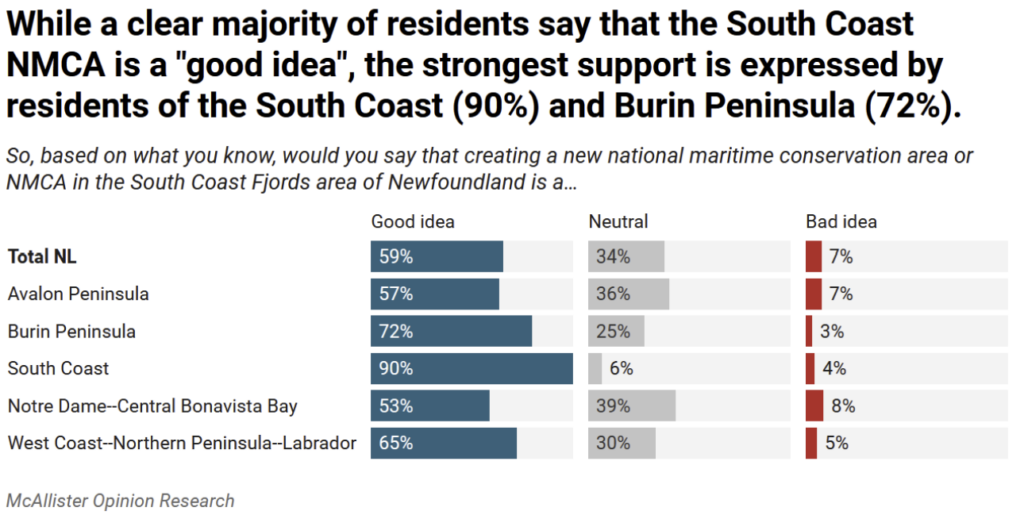
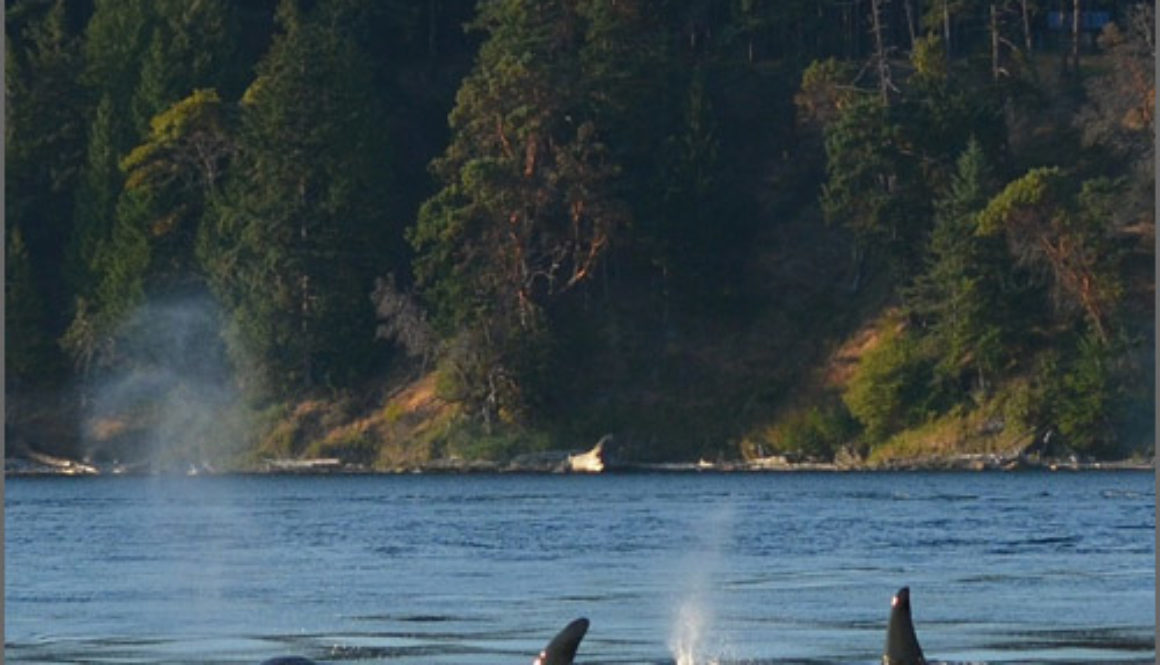
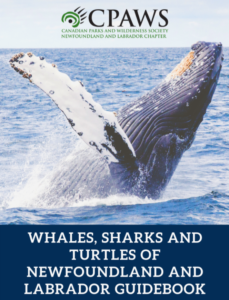
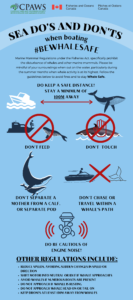 Don’t Chase and Give Space:
Don’t Chase and Give Space: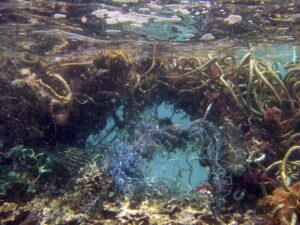
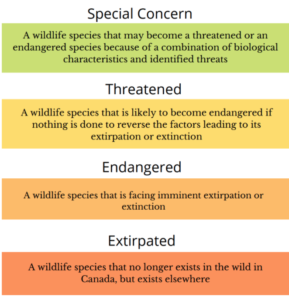

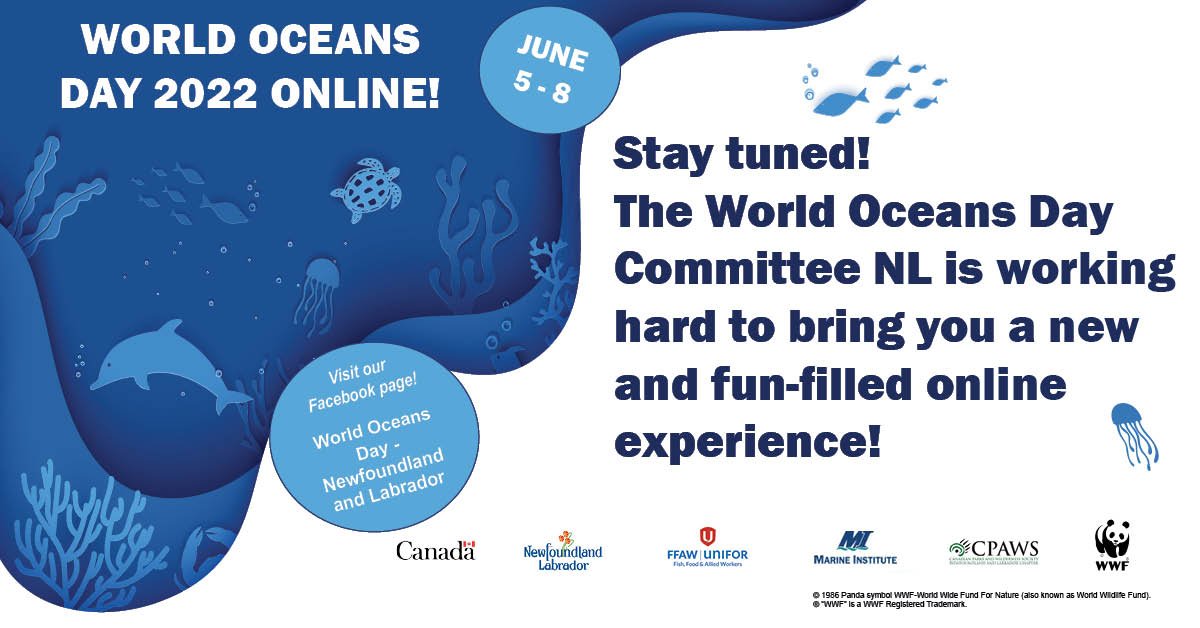
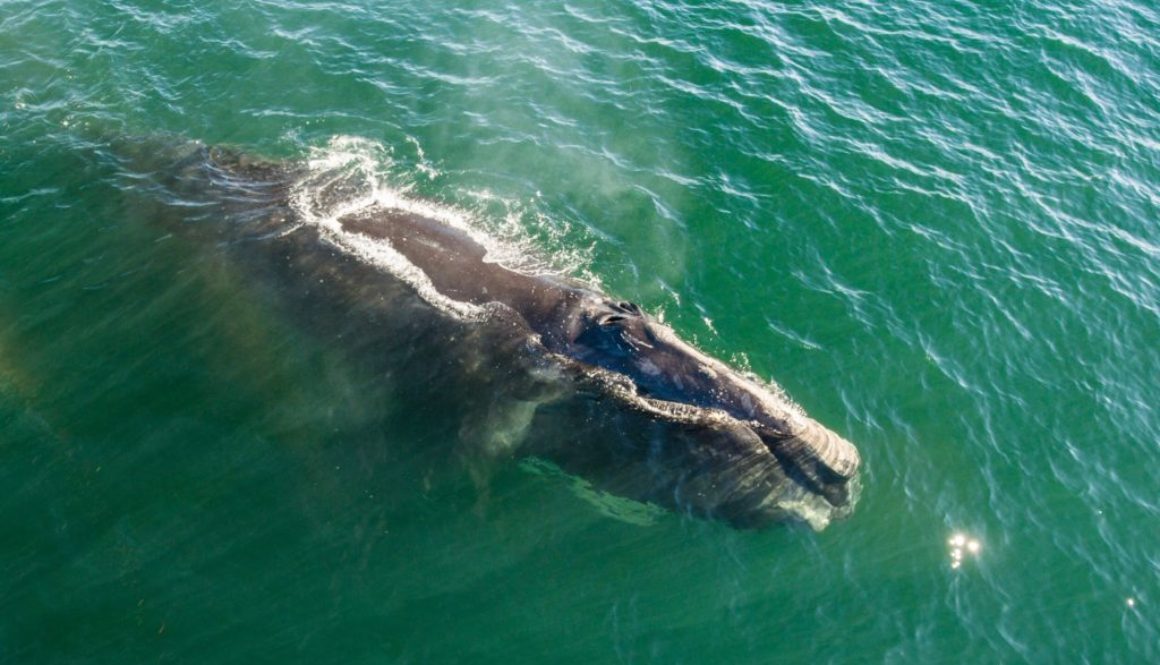
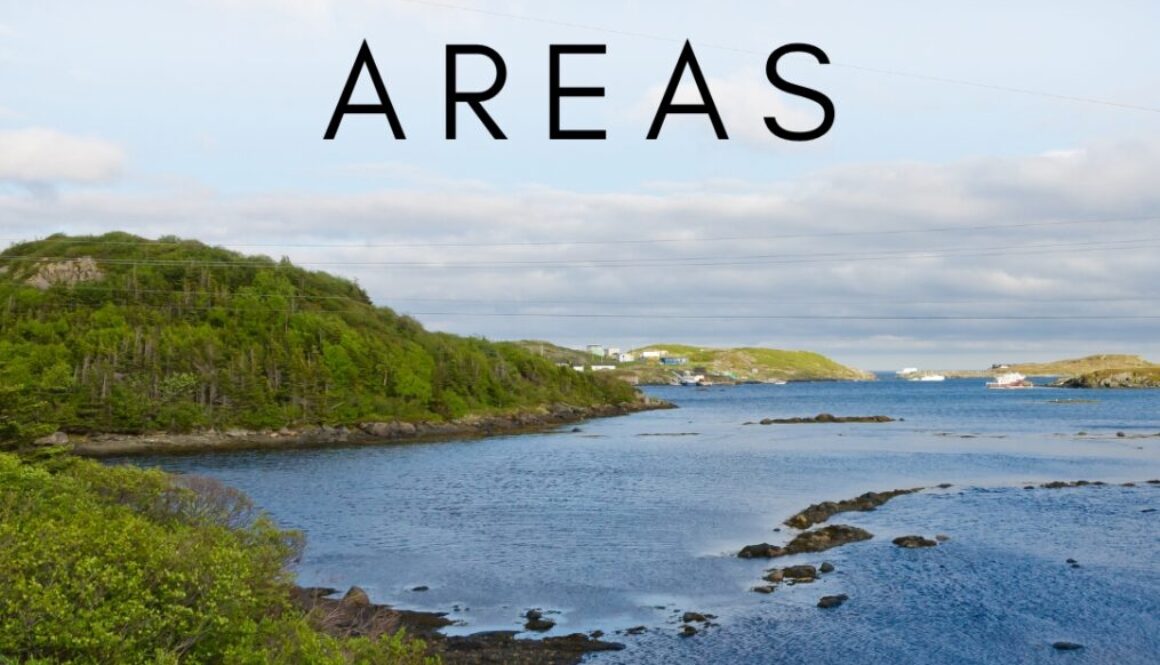
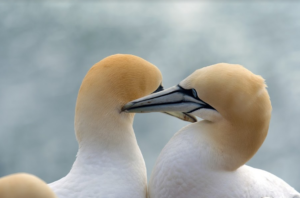 The ocean surrounding Newfoundland and Labrador is rich in marine ecosystems that support marine life from the largest whales to the tiniest plankton, upon which generations of people and a cherished way of life has depended on. Our province boasts the Grand Banks, with some of the most important and productive marine ecosystem in the world. We are also known as the ‘Seabird Crossroads of the World’, hosting millions of migratory seabirds every year. We also have a burgeoning eco-tourism industry, centered partly around whale and bird watching experiences. Newfoundland and Labrador has a real chance to be ocean conservation leaders.
The ocean surrounding Newfoundland and Labrador is rich in marine ecosystems that support marine life from the largest whales to the tiniest plankton, upon which generations of people and a cherished way of life has depended on. Our province boasts the Grand Banks, with some of the most important and productive marine ecosystem in the world. We are also known as the ‘Seabird Crossroads of the World’, hosting millions of migratory seabirds every year. We also have a burgeoning eco-tourism industry, centered partly around whale and bird watching experiences. Newfoundland and Labrador has a real chance to be ocean conservation leaders.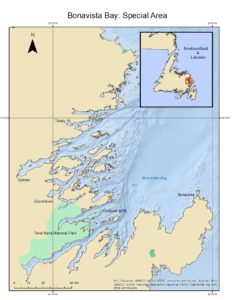
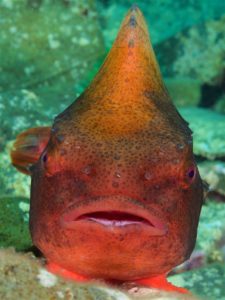
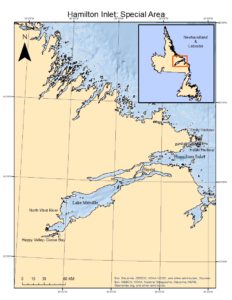
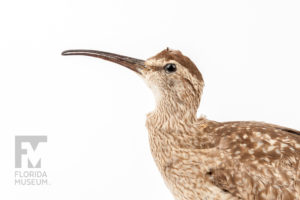
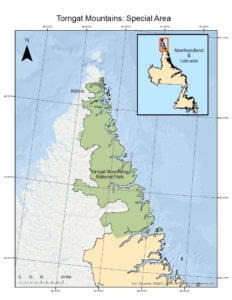
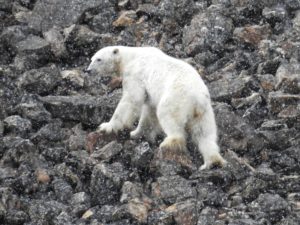
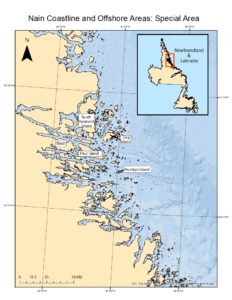
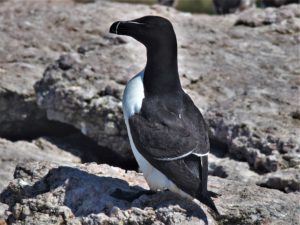
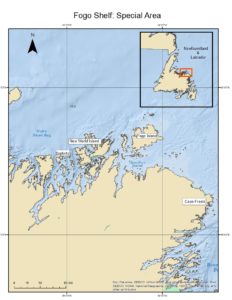
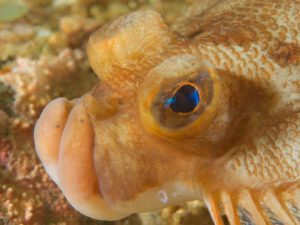
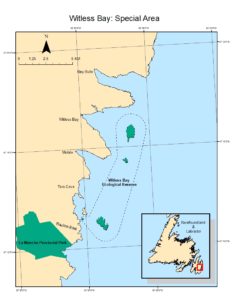
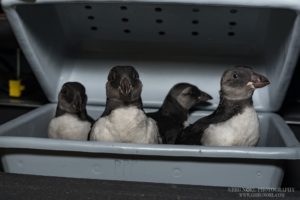
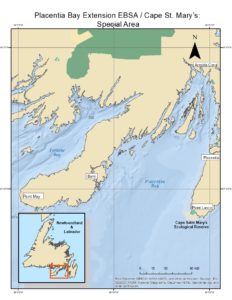
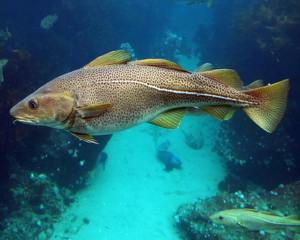
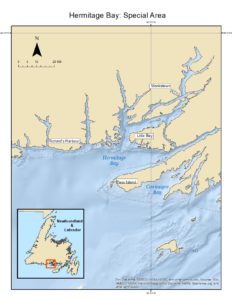
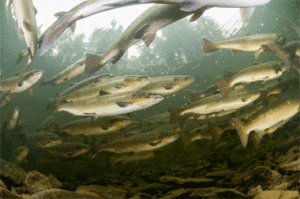
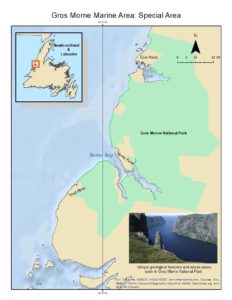
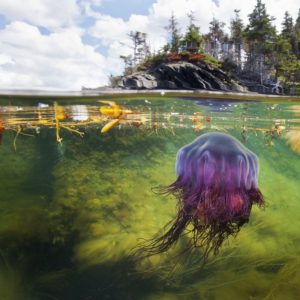
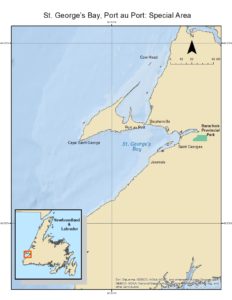
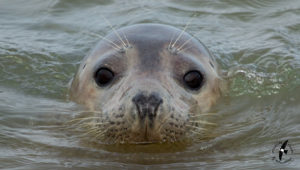
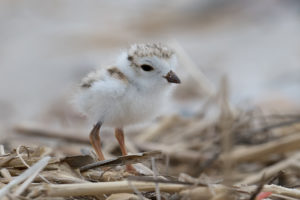
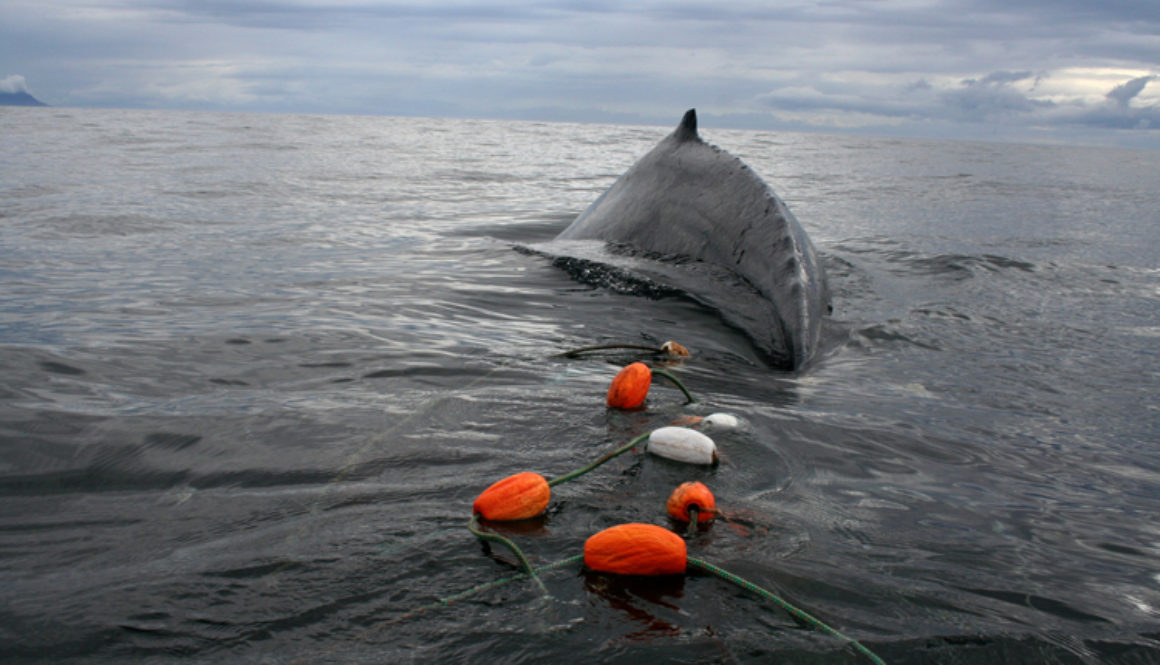
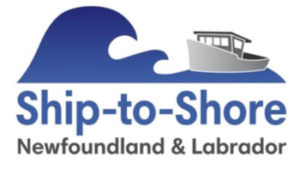 Scotia, the founders of the award winning Ship to Shore program, CPAWS-NL were thrilled to take the Ship to Shore program toNewfoundland and Labrador (NL)
Scotia, the founders of the award winning Ship to Shore program, CPAWS-NL were thrilled to take the Ship to Shore program toNewfoundland and Labrador (NL)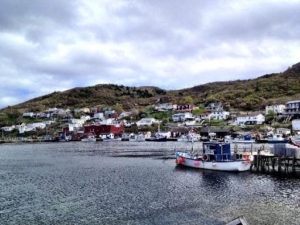

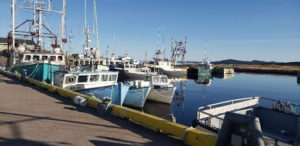 This part of the province is found on the south coast of Newfou
This part of the province is found on the south coast of Newfou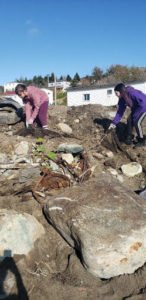
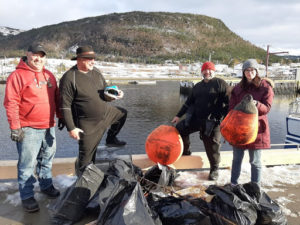
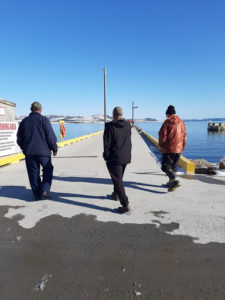
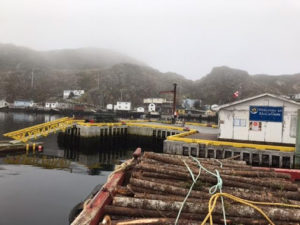
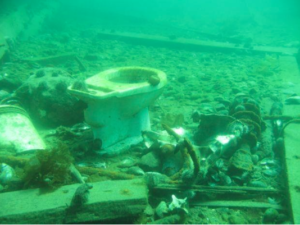 What is Marine Debris? Marine debris is any solid micro or macro waste that is intentionally or unintentionally disposed of or abandoned in the marine environment. It includes all kinds of plastic, metal containers, waste oil and other man-made materials. Marine debris damages habitat, kills wildlife through entanglements, ingestion, injuries, and ghost fishing, deters tourists, threatens human health and is a hazard for navigation and fishing gear. To secure our marine resources, we must ensure the health of its ecosystems. The density and distribution of marine debris originating from human activities are primarily governed by the amount of ocean industry and shipping traffic, the proximity to populated coastal areas, and the patterns of oceanic circulation and surface winds. Discarded and lost fishing gear and other debris from fishing vessels are most noted as the dominant components of marine debris.
What is Marine Debris? Marine debris is any solid micro or macro waste that is intentionally or unintentionally disposed of or abandoned in the marine environment. It includes all kinds of plastic, metal containers, waste oil and other man-made materials. Marine debris damages habitat, kills wildlife through entanglements, ingestion, injuries, and ghost fishing, deters tourists, threatens human health and is a hazard for navigation and fishing gear. To secure our marine resources, we must ensure the health of its ecosystems. The density and distribution of marine debris originating from human activities are primarily governed by the amount of ocean industry and shipping traffic, the proximity to populated coastal areas, and the patterns of oceanic circulation and surface winds. Discarded and lost fishing gear and other debris from fishing vessels are most noted as the dominant components of marine debris. 
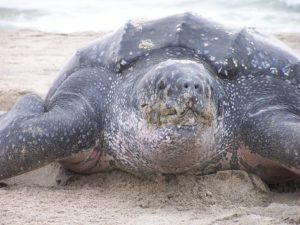
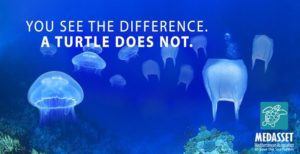
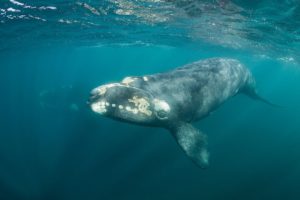
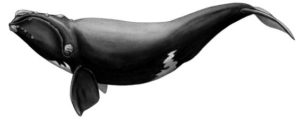
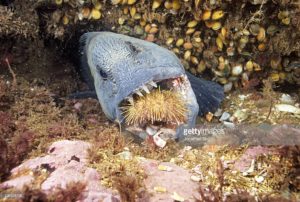 The surrounding waters of Newfoundland and Labrador are home to three of four species of Wolffish: Atlantic (Striped), Spotted, and Northern. All three species have overlapping habitats and similar threats so they are combined when determining their recovery strategy. Wolffish species are ecologically important as their primary diet is sea urchins (though also includes brittlestars, crab, shrimp, and other crustaceans). A decrease in wolffish population therefore can attribute to an increase in sea urchins, which poses a threat to the entire ecosystem as over abundance of sea urchins can result in an “urchin barren”. Sea urchins feed on kelp and seaweed, large masses of urchins can forage entire kelp beds, removing habitat for breeding, recruitment and hiding areas for young from predators. Urchin barrens affect all species, including commercially important species such as cod, lobster, and crab.
The surrounding waters of Newfoundland and Labrador are home to three of four species of Wolffish: Atlantic (Striped), Spotted, and Northern. All three species have overlapping habitats and similar threats so they are combined when determining their recovery strategy. Wolffish species are ecologically important as their primary diet is sea urchins (though also includes brittlestars, crab, shrimp, and other crustaceans). A decrease in wolffish population therefore can attribute to an increase in sea urchins, which poses a threat to the entire ecosystem as over abundance of sea urchins can result in an “urchin barren”. Sea urchins feed on kelp and seaweed, large masses of urchins can forage entire kelp beds, removing habitat for breeding, recruitment and hiding areas for young from predators. Urchin barrens affect all species, including commercially important species such as cod, lobster, and crab.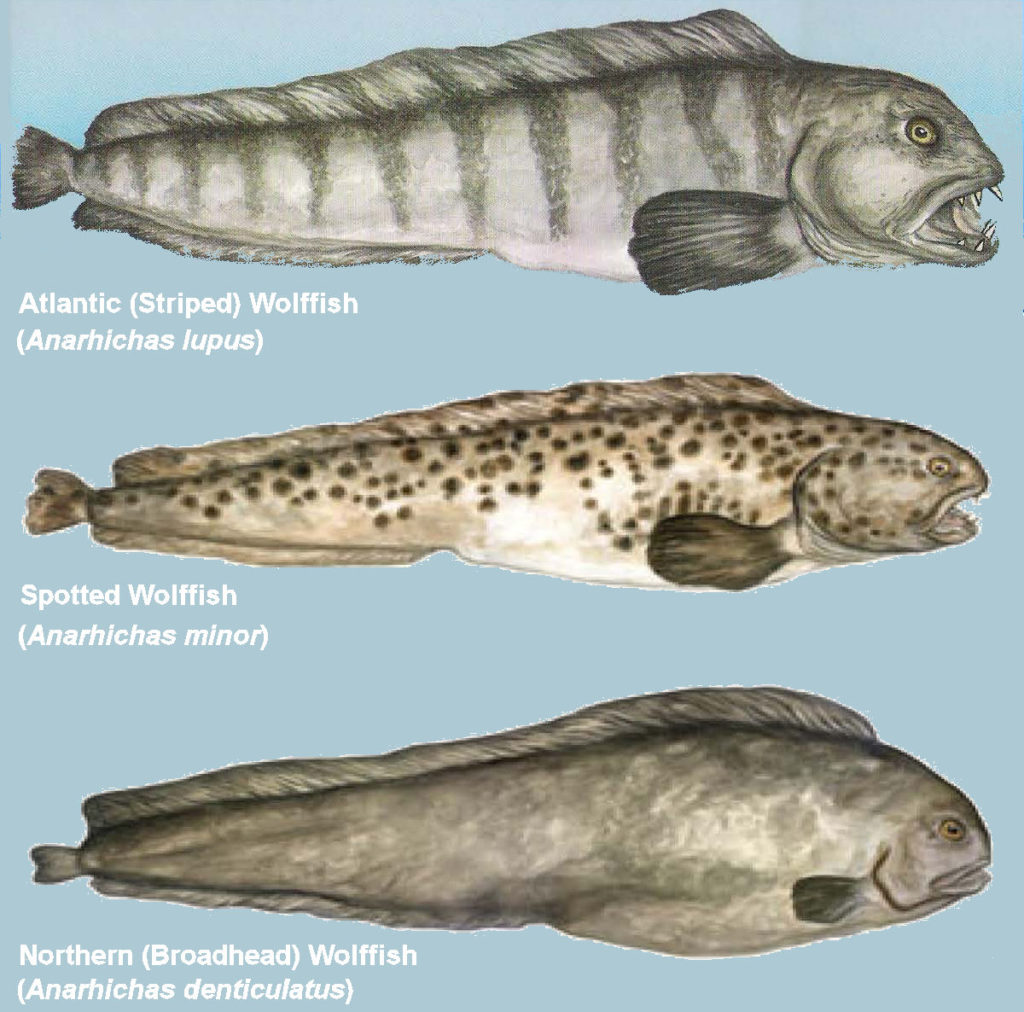 The Atlantic Wolffish is the most abundant of the three species found throughout the province, they are also commonly found both inshore and offshore unlike the other two species which predominately remain offshore. The head is large relative to the body, with vertical stripes on fins and body. Juveniles are yellowish brown with olive green fins, and adults range from yellowish brown to slate/purplish blue. Flesh is firm.
The Atlantic Wolffish is the most abundant of the three species found throughout the province, they are also commonly found both inshore and offshore unlike the other two species which predominately remain offshore. The head is large relative to the body, with vertical stripes on fins and body. Juveniles are yellowish brown with olive green fins, and adults range from yellowish brown to slate/purplish blue. Flesh is firm.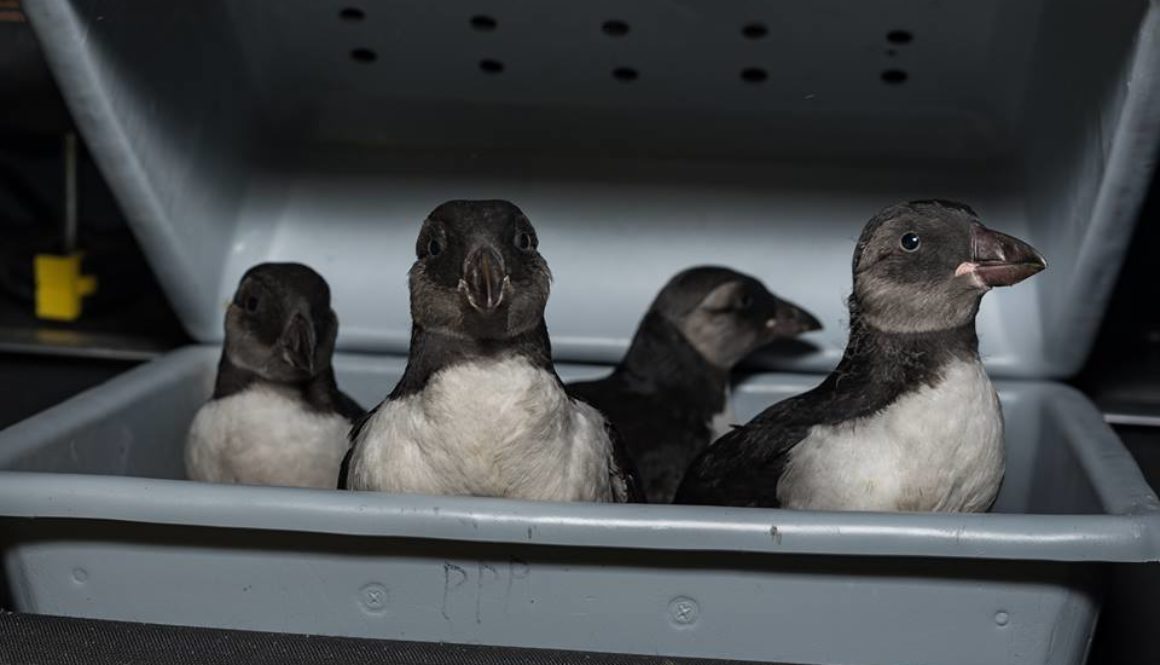
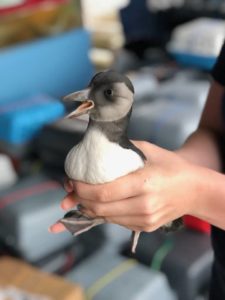
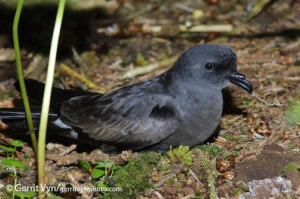
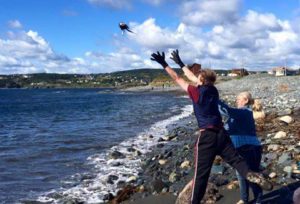
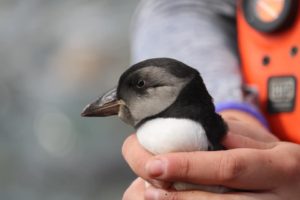 Global population: 12,000,000 – 14,000,000
Global population: 12,000,000 – 14,000,000